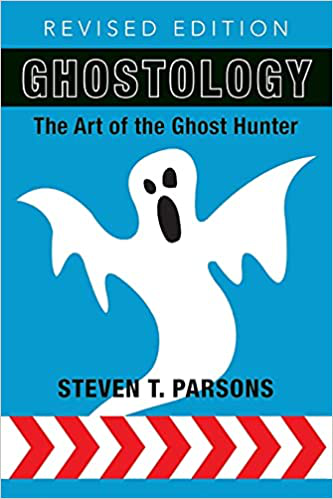Earth Like Planet Discovered, Possibly a Habitable Planet
Science/Medical/Technology
Thursday 11th, July 2024
2 minute read.
A study using the James Webb Space Telescope has revealed that exoplanet LHS 1140 b, situated 48 light years away, could potentially be a habitable water world. This significant discovery was published on the preprint server arXiv and marks a substantial advancement in the search for habitable planets outside our solar system.
The concept of a habitable zone is central to this search. This is a region around a star where conditions are just right for liquid water to exist on a planet's surface. Water is widely considered a fundamental ingredient for life. Previous studies of LHS 1140 b suggested it might be either a mini Neptune, smaller than Neptune in our solar system, or a super Earth, a rocky planet larger than Earth. However, new research from the Webb telescope has provided surprising insights into its characteristics.
The data indicates that LHS 1140 b is a rocky planet with an atmosphere and possibly an ocean of liquid water. "This world may be potentially suitable for life", the researchers stated. Importantly, the planet revolves around a relatively inactive star that is five times smaller than the Sun. This reduced stellar activity suggests that the planet's atmosphere could remain intact, allowing liquid water to persist on its surface.
One of the most intriguing findings is the suggestion that the planet's mass could be composed of 10% to 20% liquid water. The researchers also believe that LHS 1140 b may be covered in water ice, with an ocean present on one side. This phenomenon occurs because the planet is tidally locked, meaning it always shows the same face to its star. On the star facing side, the ice has melted, forming an ocean estimated to span approximately 4,000 kilometres in diameter. The study's authors estimate that the ocean's temperature could be around 20 degrees Celsius.
Despite these promising observations, the researchers caution that additional data is necessary to confirm their conclusions. If further studies validate these findings, LHS 1140 b could represent a significant step forward in identifying Earth like planets with conditions suitable for life.
The concept of a habitable zone is central to this search. This is a region around a star where conditions are just right for liquid water to exist on a planet's surface. Water is widely considered a fundamental ingredient for life. Previous studies of LHS 1140 b suggested it might be either a mini Neptune, smaller than Neptune in our solar system, or a super Earth, a rocky planet larger than Earth. However, new research from the Webb telescope has provided surprising insights into its characteristics.
The data indicates that LHS 1140 b is a rocky planet with an atmosphere and possibly an ocean of liquid water. "This world may be potentially suitable for life", the researchers stated. Importantly, the planet revolves around a relatively inactive star that is five times smaller than the Sun. This reduced stellar activity suggests that the planet's atmosphere could remain intact, allowing liquid water to persist on its surface.
One of the most intriguing findings is the suggestion that the planet's mass could be composed of 10% to 20% liquid water. The researchers also believe that LHS 1140 b may be covered in water ice, with an ocean present on one side. This phenomenon occurs because the planet is tidally locked, meaning it always shows the same face to its star. On the star facing side, the ice has melted, forming an ocean estimated to span approximately 4,000 kilometres in diameter. The study's authors estimate that the ocean's temperature could be around 20 degrees Celsius.
Despite these promising observations, the researchers caution that additional data is necessary to confirm their conclusions. If further studies validate these findings, LHS 1140 b could represent a significant step forward in identifying Earth like planets with conditions suitable for life.



